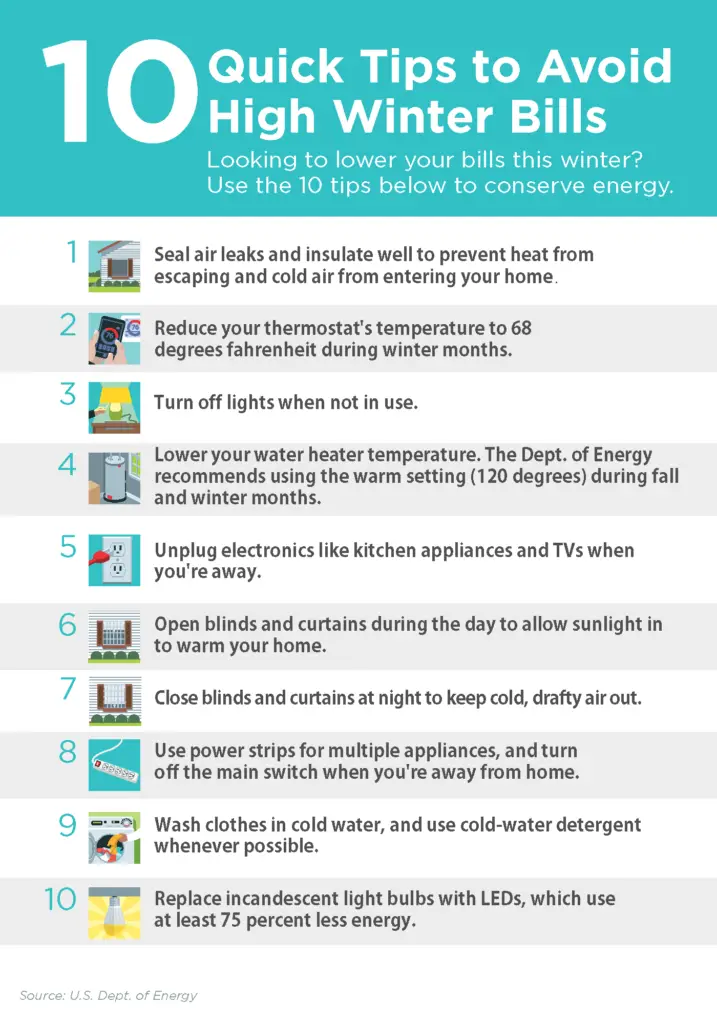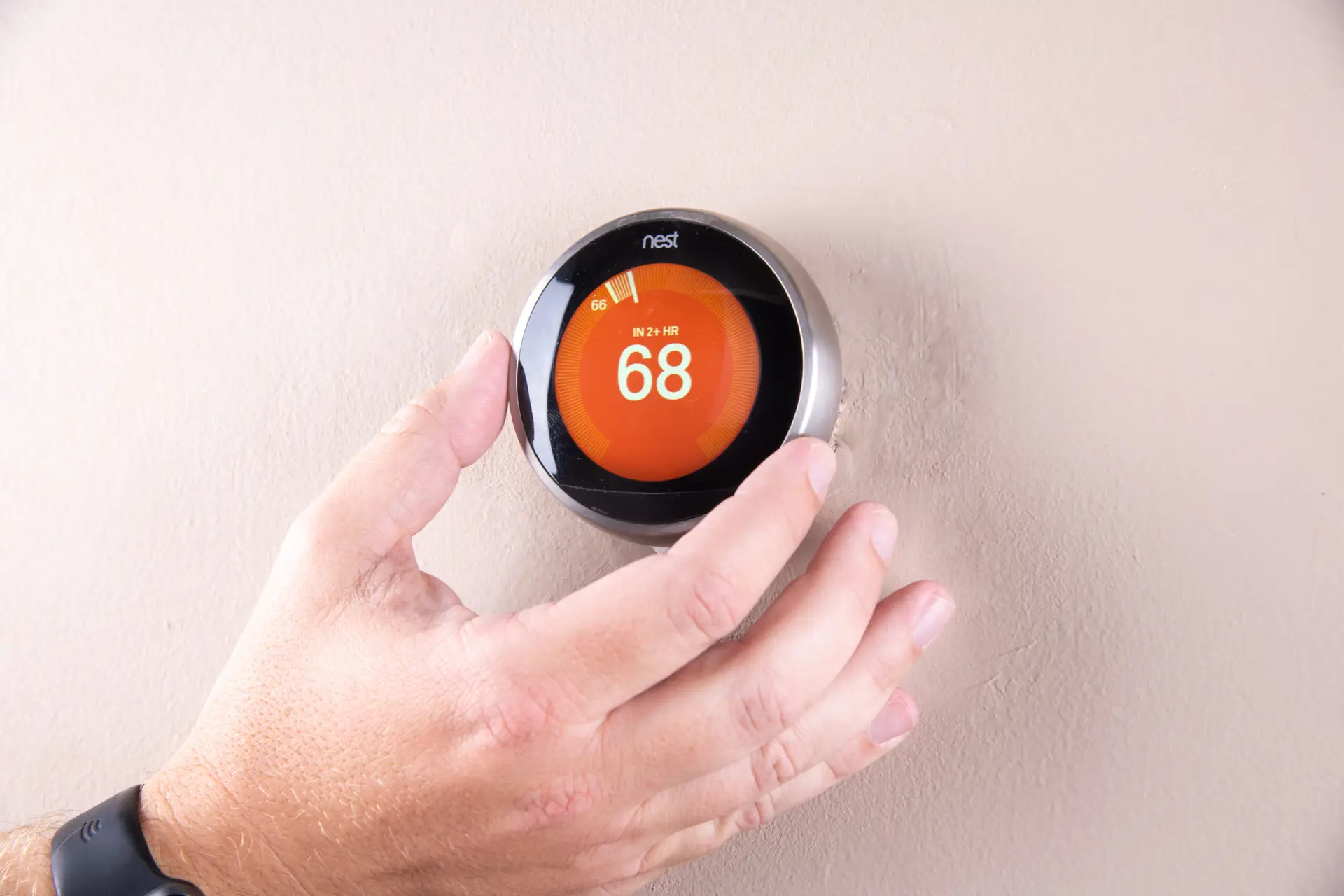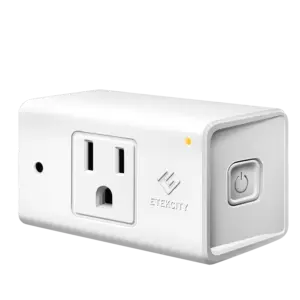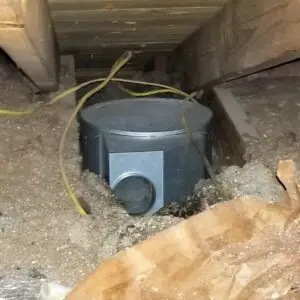Another colder-than-normal winter is predicted for much of the country this year. Frigid temperatures can cause heating systems to work over time, and since heating and cooling can make up nearly half of your electric bill, you may experience sticker shock when you open that bill. Instead of waiting until after a potentially high bill is in your mailbox, be proactive. There are things you can do now to help ensure you are managing your energy use and spending less.
So, when temperatures fall this winter and you hear your weatherman talking about bringing in pets and plants, take these steps to help manage your use…

Using the tips shown here can certainly help you manage your energy use, but your bill may still be higher than normal in winter months. Why?
The weather makes a big impact on electric bills, accounting for nearly half of your bill. Even those with the most efficient HVAC systems will see more use in extreme weather and when extremely cold temperatures hit, our heaters work overtime. For example, even if you set your thermostat to our recommended 68 degrees in the winter when it is 19 degrees outside, your system has to work hard to make up that 49-degree difference.
When keeping your home warm in the winter results in a higher bill, remember there is value in comfort. For us to be comfortable in our homes, our heaters are going to work harder, but it may be worth the additional cost to you.
For further information about your winter bill and what you can do to manage it, visit our other energy efficiency resources and see what kinds of options might be right for you. Learn about alternative payment plans like pre-pay or levelized that may help you manage your bill more effectively than traditional billing, explore the home energy yardstick to better understand your home’s energy needs, and review your usage history on SmartHub.
If you still have questions contact us to speak to one of our energy efficiency experts. They can help you understand how weather and your use patterns affect your bill.




